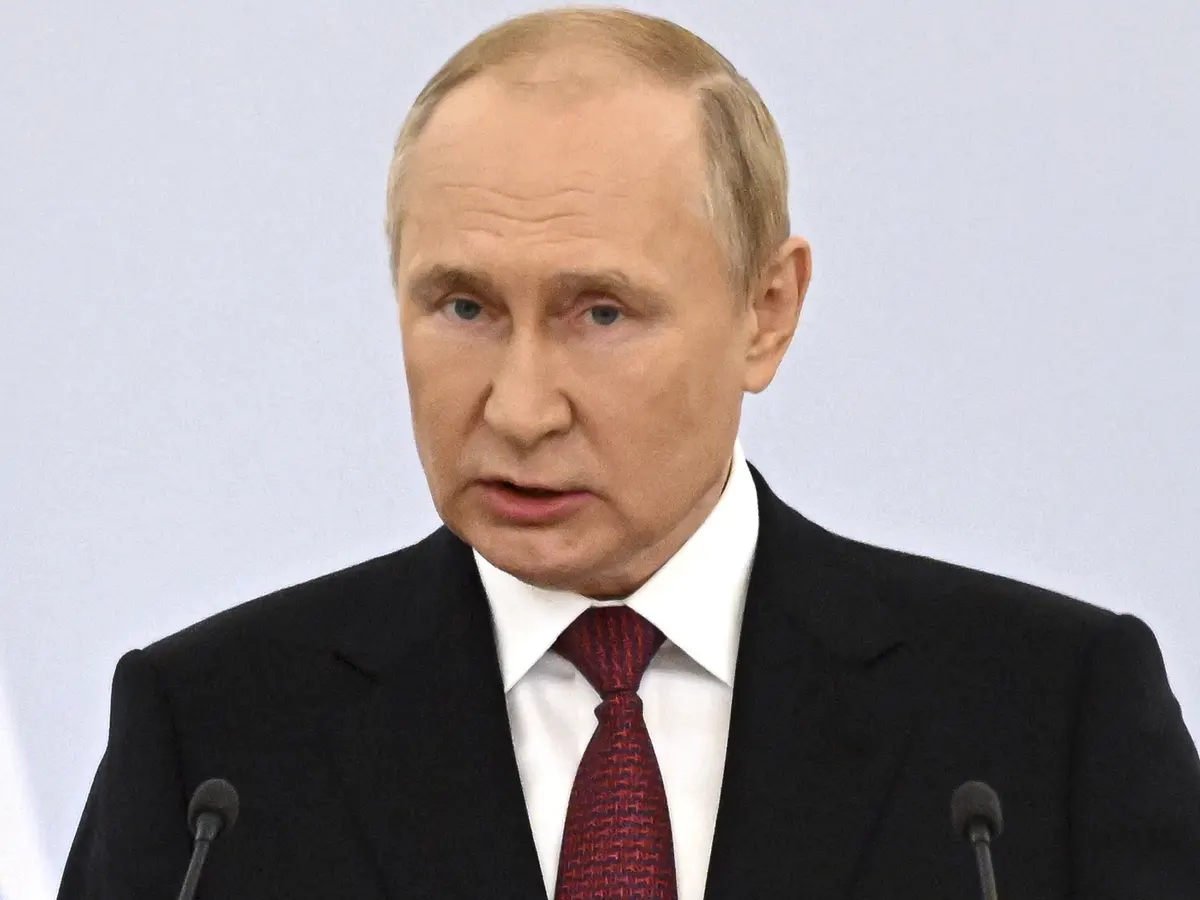If the new rules being prepared by the Russian interior ministry becomes a reality, foreigners entering Russia could be required to sign a ‘loyalty agreement’ upon arrival, pledging not to criticise Moscow’s offensive in Ukraine.
Africa Today News, New York reports that Russia has consistently waged an unprecedented crackdown on dissent and ahead of a 2024 presidential election, expected to prolong President Vladimir Putin’s long rule until at least 2030.
The move would oblige foreigners to comply with strict laws banning criticism of the conflict in Ukraine, and not to make positive statements about the LGBTQ community, the state-run TASS news agency reported.
TASS, citing a draft document, said the foreigner would ‘agree, by entering Russia, to comply with prohibitions established with the aim of protecting the national interests of Russia.’
The person would agree not to ‘discredit in any form the foreign and domestic state policy of the Russian Federation.’
Read Also: Airport Riots Targeting Israelis Staged From Ukraine – Putin
The foreigner would also comply with not sharing public information about LGBTQ relationships, under Russian legislation, and refrain from ‘distorting the historical truth’ of the Soviet role in World War II.
TASS said the document would soon be put to the Duma, Russia’s lower house of parliament.
It gave no details on what kind of punishment individuals could face for breaking the agreement.
At a press briefing on Wednesday, the Kremlin declined to comment on the potential new regulations.
A significant portion of foreigners living in Russia are migrants from Central Asia, who have also been the focus of military recruitment campaigns for the conflict in Ukraine.
Many Westerners left Russia after Moscow launched its offensive in February last year.
Western media in Russia has significantly reduced its presence in Moscow, fearing for the safety of its staff after strict censorship laws were introduced.
Russia has punished thousands of its own citizens for denouncing the Ukraine offensive under strict censorship laws.
